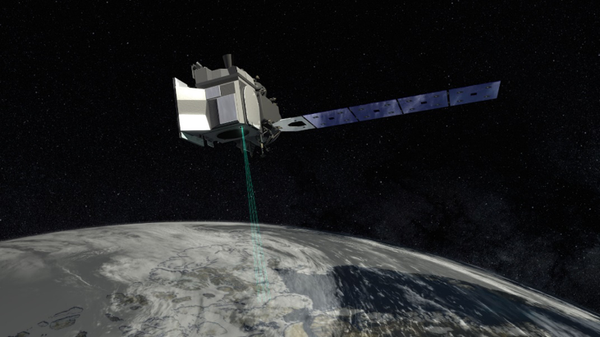Can’t Stop, Won’t Stop: Science on why we can’t stop eating

I lied to myself again: “I will just have one more,” as I engulfed the whole bag of crisps. Interestingly, this gluttonous behaviour can be explained by science, so we are not to be blamed entirely.
In the brain, there are two main types of neurones that impact our appetite in the hypothalamus: those that make us crave food (orexigenic), and the other suppresses this desire (anorexigenic). An example of orexigenic neurones would be the cells expressing proopiomelanocortin (POMC), which is a stress-related gene; and an example of anorexigenic neuron would be agouti-related protein (AgRP), where it is known that agouti-expressing mice are generally obese. These nerve cells respond to nutrient and hormonal signal (e.g. leptin) and together, the two systems work together to regulate appetite, energy expenditure and importantly, body weight. Yet, we don’t have a complete understanding of the interplay of these neurons and a recent study published in Proceedings of the National Academy of Sciences aimed to shed light into this question, literally.
Using optogenetic techniques, neurones were activated using light. Together with neural activity mapping and brain transparency visualisation techniques, the researchers at the University of Michigan demonstrated the anorexigenic and orexigenic nature of neurons that express POMC or AgRP respectively.
In the study, the mice with activated POMC neurones stopped eating though they were starved 4 hours before feeding. POMC is a gene that codes for stress hormones, therefore it makes as much sense as eating would probably be the last thing we want to do when we face a life-threatening situation. However, if both AgRP and POMC neurones were activated, the group of mice increased food intake. This suggests the neurons that put the brakes on eating are overridden by the neurones that promote eating. In other words, the ‘I must eat more’ mechanism is stronger than the ‘I think I will stop’ mechanism – that’s why we keep eating when we are full.
To explore how this was brought about, the scientists visualised the neuronal network in the brain that received protein signals from POMC and AgRP neurones. Results showed that the two systems have a different neuronal activation pattern, in which the insatiable mouse group has a much broader and wider response area in the brain compared to the group where anorexigenic neurones were activated. To investigate potential mechanism of how the change of appetite is brought about, the scientists gave the mice naloxone, a drug that blocks opioid receptors. Results suggest the effect of increased food intake is likely to be mediated by the opioid receptor-signalling system, the same system that regulates sodium appetite (craving salty food) and aids in regulating pain.
All these interesting findings certainly help increase our understanding of the appetite control mechanisms, which could potentially target the pathway to up- or down-regulate our appetite, thereby treating issues like obesity. Whilst the use of pharmacologic treatment (naloxone) in the experiment suggested a slight possibility to translate this knowledge into a medical treatment, the difference in mice and men means that factors such as stress and emotions were not investigated. Furthermore, as mentioned, the opioid receptor signalling system is also involved in other important features, hence, a ‘magic pill’ is not likely to be ready soon. Long-term effects should also be investigated before making any therapeutic claims.
To conclude, scientists have shown that over-eating is caused by an overpowering signal from the ‘please eat more’ neurones, which, in mice can be inhibited by drugs. However, more work needs to be done to understand the topic, as humans are greatly different from mice, especially in terms of psychology and experiences to social triggers. In the meantime, I guess willpower is all we have to stop us from overeating.





